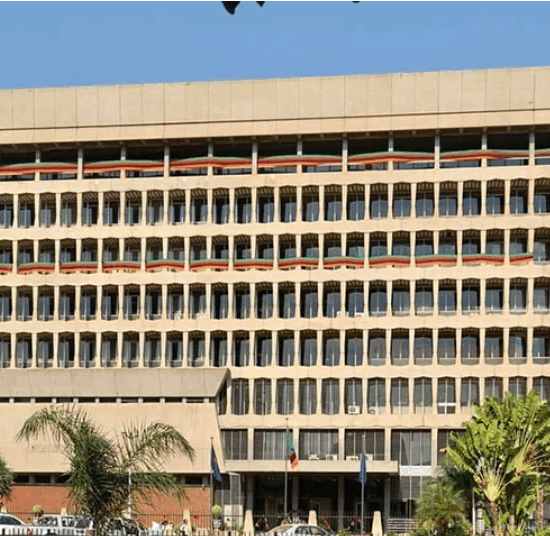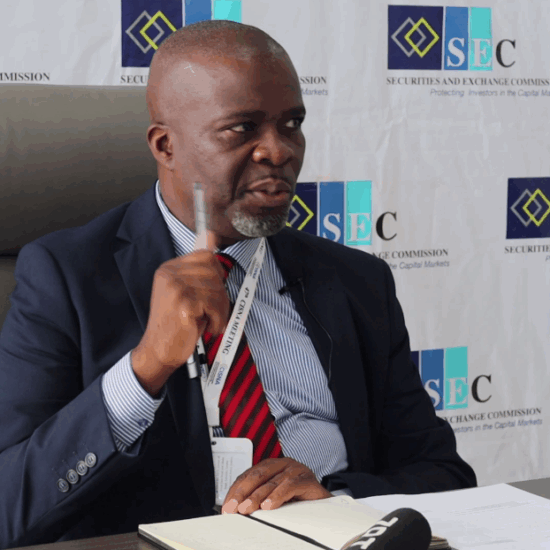
The Ministry of Finance and the Bank of Zambia – BOZ have been advised to concentrate their efforts on securing a debt restructuring deal to prevent further slide or depreciation of the Kwacha.
The stability of current exchange rate position is largely driven by the country’s debt position, which is currently at unsustainable levels and the Government’s needs to return to a position were all its sovereign debt can be serviced.
Speaking in an interview with the Zambian Business Times – ZBT, Financial Analyst Trevor Hambayi explained that the Government’s push to service the country’s debt has continued to depreciate the Kwacha, which is also seen in the reduction of foreign reserves.
Hambayi said to address this situation, the technocrats needs to deal with the debt situation by securing a restructuring deal to sustainable levels. And one of the key conditions required to achieve this is to agree on the International Monetary Fund (IMF) package.
He said once this is done, all other conditionalities would fall in place, which will be speaking to the country’s fiscal discipline including how the country gets to spend or not to spend money, how much debt the country can contract or where and when the country can contract debt.
“Once we have managed this debt situation and restructured it to meet our capacity to repay, this is going to bring stability in the exchange rate. This stability will ensure that the inflation rate will start to be stable and that is what is going to speak to us having to be able to recover economically,” Hambayi said.
He said there needs to meet the conditions set by IMF which include transparency on the amount of debt the country has, fiscal discipline, tackling corruption, abuse of office and overpricing of infrastructure development projects.
Hambayi said, “Once we have put those things in place, the IMF is very willing to come on board to support us and then we can restructure our debt.
“The other thing around this is that there is no way the IMF would not agree on anything prior to the country going to general elections. This is because the tendency of African governments which we have seen even with our own is that they tend to spend money on basic political empowerment programs to appease the electorates.
“So the IMF was very weary of this and where not willing for us to be able to discuss this package until after elections,” he said.
Hambayi said what would have been positive is for Government to have negotiated with IMF to determine what it needed to do exactly prior to the election and agree that as soon as the country goes past the elections, the IMF will come on board.
“Generally, I think yes the IMF will support us but this support will have to come after the elections and what you will see is that at that time, government will have no political inclinations about this and very hard decisions will be taken.
Some of the projected decisions will include the increase in the price of fuel and the removal of subsidies on electricity and other things that have subsidies on as well as have wage freeze where government will be required either to trim down its workforce to reduce the wage bill,” he said.
He said following this, there would be need for a stimulus package into the economy for the economy to be able to grow. “Once the economy starts to grow, it will lead to the reduction of both the inflation rate and stabilization of the exchange rate.
“Once we start to have the economy recover, we want this recovery to be driven by local businesses and SMEs because this is what is going to ensure that the resources we are going to generate will remain in the country and the benefits will trickle down to the market,” Hambayi added.







